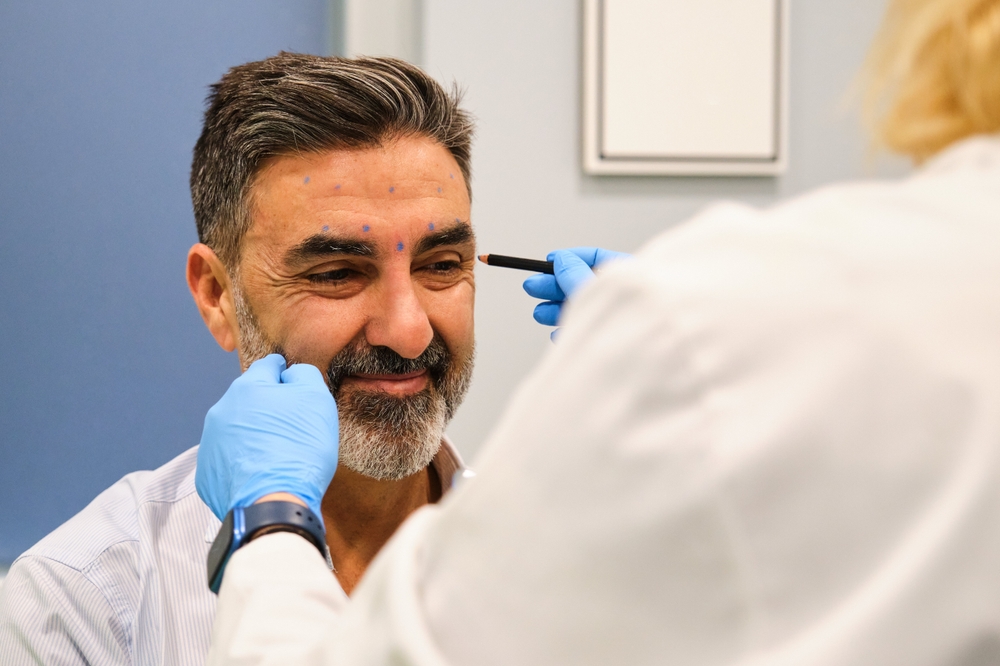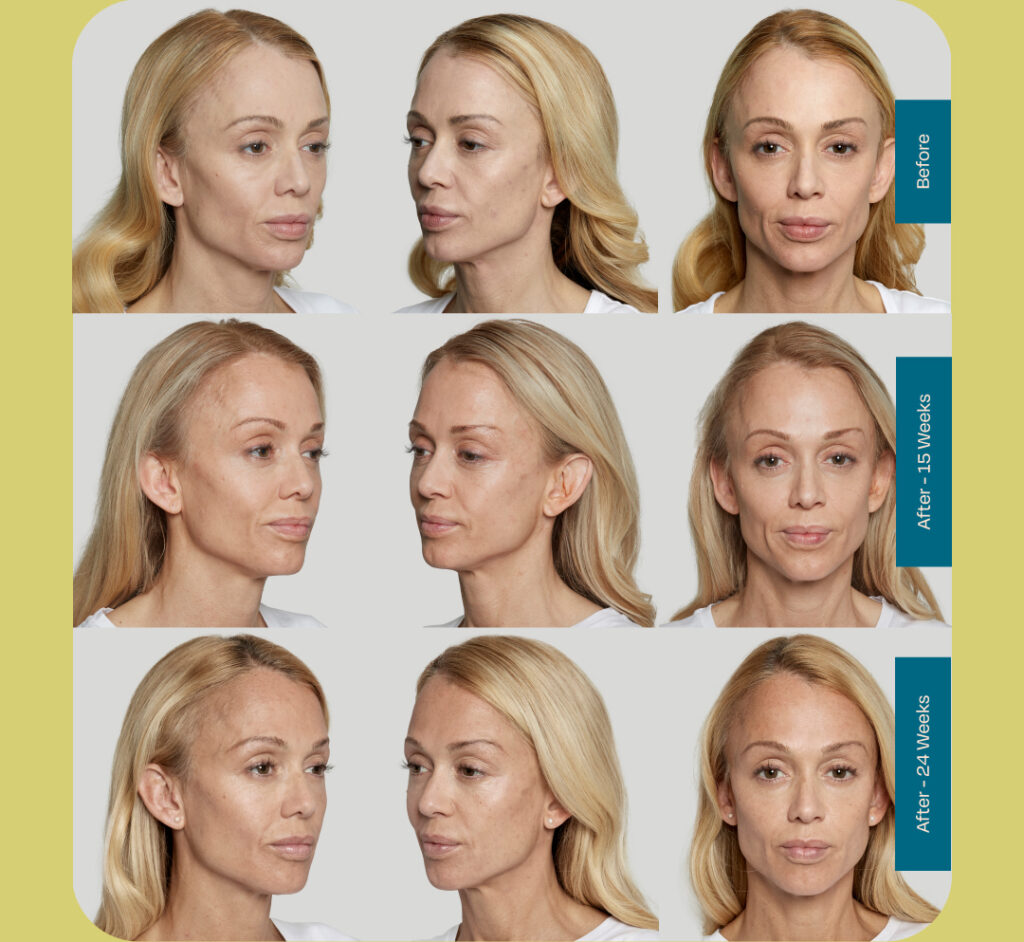As part of their functional medicine programs, patients want to find ways to improve their quality of life. It may be more energy, less weight, better mental function or less aches and pains. Right along with that would be the goal of adding more quality years or increasing longevity. Hey, if you feel good, you’re probably going to want to enjoy the ride longer, right?
And there are plenty of ways we can maximize our longevity by decreasing overall risk for health problems. Dietary changes are a major component since the foods you eat each day will be the biggest factor that can either make or break your health. Sleep is also important because if you’re not giving the body and mind a chance to heal and recover, you’re just accelerating the aging process. But what about the basic walking we’re doing each day? Could that be used as a tool to help prolong our years? According to recent research, it looks like it may!
A study published in June in the British Journal of Sports Medicinehas related that walking at an average or faster pace (versus slow) could possibly decrease your risk of dying early by 20-24%! Fast pace would roughly equate to a pace you’d be walking at if you were late for an appointment – working up a little bit of a sweat and slightly out of breath. It will also depend on individual fitness level, as those who are more out of shape will reach that point at lower levels.
The researchers compared death records with the results of 11 surveys in England and Scotland from a 15-year period where people reported their walking pace. With it, they accounted for factors such as the amount and intensity of all physical activity, age, sex and body mass index, so that when they compared just premature death risk and walking pace, they found:
- Early death risk was decreased by 21% for those who walked at an average pace
- Walking at a fast pace decreased that same risk by 24%
- For those age 60 and over, the risk of early death from heart disease was 46% lower at the average pace than slow walkers
- Fast pace walkers in the same age range had a 53% reduction
Sounds pretty easy to get some important health benefits if that association is true, right? For most types of health changes that people are wanting to make, increasing activity and exercise levels is usually beneficial. It helps lower blood sugar, blood pressure and cholesterol, can help control weight, and can have a positive impact on moods and mental function. As we work with patients, there will almost always be some type of exercise component to incorporate into their health improvement programs. And for those that have health issues where more strenuous exercise would be a challenge, it looks like walking could add more future benefit beyond just correcting current health concerns.
So, put a little more pep in your step while you’re walking, and you just may be taking the right steps towards a longer life!
















